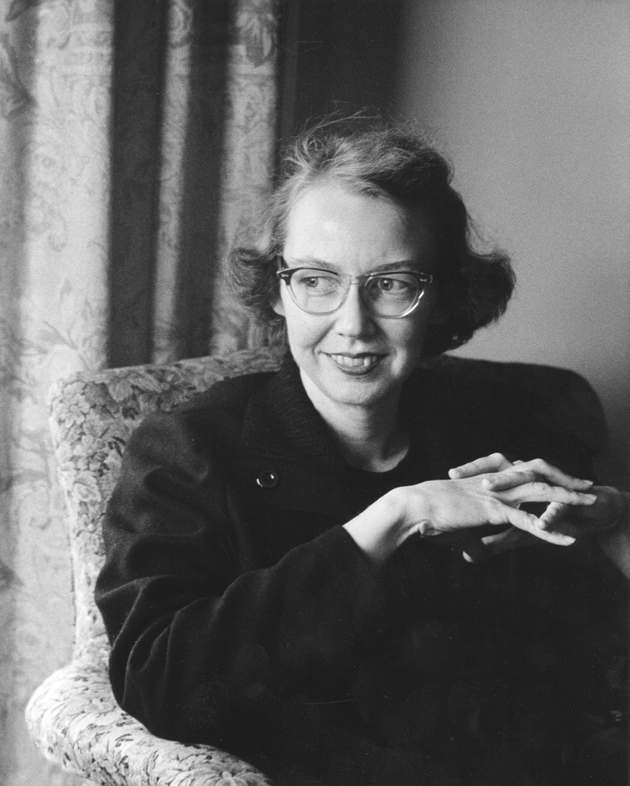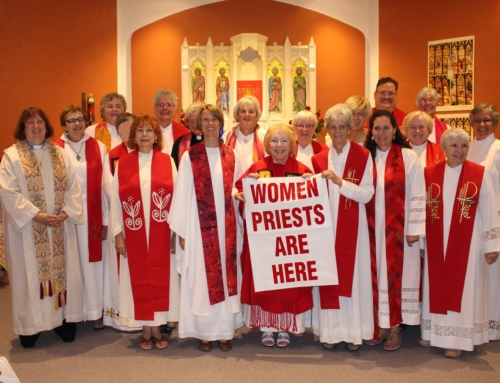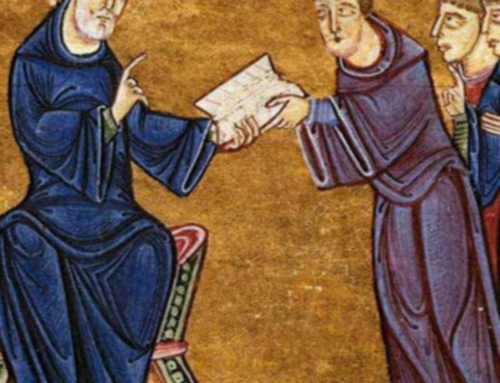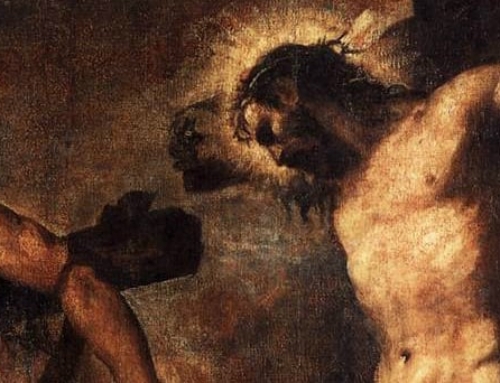We are increasingly accustomed to the stupidity of the academic elitists, but Loyola University’s recent decision to remove Flannery O’Connor’s name from one of their halls of residence sets a new standard. Catholic News Agency reports:
“During recent conversations around racism, one of the issues that caught the attention of our community was the name of Flannery O’Connor Residence Hall,” Fr. Brian Linnane, S.J., wrote July 24 to the university community…
“Information coming forward recently about O’Connor, a Catholic American writer of the 20th century, has revealed that some of her personal writings reflected a racist perspective. The building names we use at Loyola should declare to our students—and entire community—what sort of values we esteem and hope to instill in our graduates. A residence hall must be a home and a haven for those who live there, and its name should reflect Loyola’s Jesuit values,” Fr. Linnane wrote.
This kind of iconoclasm is idiotic. It doesn’t take a Jesuit to figure out that once you start picking through the lives of dead celebrities you’ll find a few flaws. Flannery O’Connor was a person of her age and culture. She may have had some racist attitudes, but she needn’t be erased from our heritage for a few off the cuff remarks. Instead of a politically correct purge, why not display something called wisdom and discernment and explain how we are a merciful and forgiving church, and no one should be judged only according to their faults.
What is most terrifying about Fr Linnane’s statement is the self righteousness tenderness of it all. Just the sort of “tenderness that leads to the gas chambers” as Flannery herself has written.
A letter to Fr Lillane signed by Catholic writers stated the obvious:
The letter was written by Dr. Angela Alaimo O’Donnell, associate director of the Curran Center for American Catholic Studies at Fordham University.
In it, O’Donnell wrote that “If a university (Catholic or otherwise) effectively banishes Flannery O’Connor, why keep Sophocles, Dante, Shakespeare, Dickens, Dostoevsky and other writers who were marked by the racist, misogynist, and/or anti-Semitic cultures and eras they lived in the midst of? No one will be left standing.”
I’m reading O’Connor’s occasional prose in a collection titled Mystery and Manners. She speaks in one essay about the art of writing, but what she writes could be applied to any art form and especially to the art of living:
St Thomas called art “reason in making”. This is a very cold and very beautiful definition, and if it is unpopular today, this is because reason has lost ground among us. As grace and nature have been separated, so imagination and reason have been separated, and this always means an end to art. The artist uses his reason to discover an answering reason in everything he sees. For him, to be reasonable is to find, in the object, in the situation, in the sequence, the spirit which makes it itself. This is not an easy or simple thing to do. It is to intrude upon the timeless, and that is only done by the violence of a single minded respect for the truth.
The essay in question is “The Nature and Art of Fiction”. It is a cracking good essay, full of pithy one liners and crammed with wit and wisdom. This one essay is worth the price of the book itself.
What strikes me about the quote I’ve included here is how you can substitute “art” and “artist” with the words “education” and “educator”. What kind of reasoning can Fr Lillane and the thought police at Loyola for their banishment of Flannery O’Connor? There is not reasoning–mere sentimentalism and emotion, and as O’Connor observes, when reason and imagination are separated this is an end to art (education)
On the other hand, I applaud the decision to name a building at the university for Sister Thea Bowman. She was a campaigner for equal rights and against racism. Good for her. She is also an example. Learning about her life and witness, it’s a good thing to commemorate her.
Why would it have been so difficult to issue a balanced and thoughtful statement along these lines, “It has been brought to our attention that the much loved Catholic writer Flannery O’Connor, in her private writings, expressed some racist sentiments. Miss O’Connor was a woman of her age, and while we do not condone her attitudes, we can understand and excuse them. To show the wonderful diversity of our Catholic faith and witness we are naming (whatever) in honor of Sister Thea Bowman, a Franciscan sister and grand daughter of slaves who exemplified the Catholic belief that all men and women are created in God’s image and likeness.”
It’s not that hard is it, to embrace all that is good, beautiful and true?







Leave A Comment
You must be logged in to post a comment.